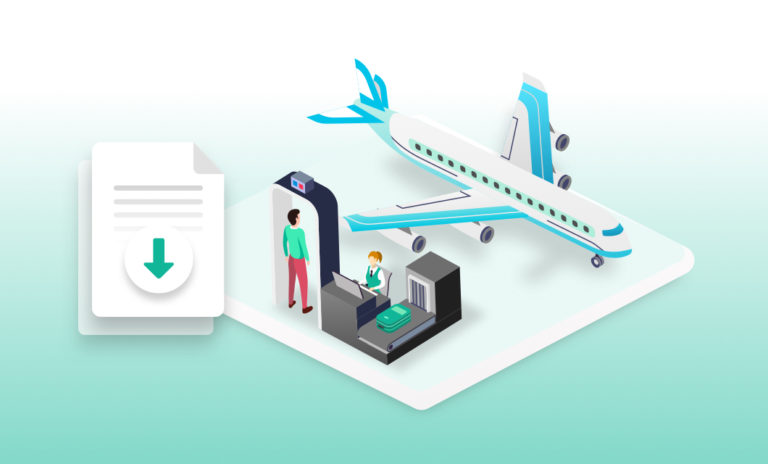This post first appeared on the Northland Controls blog By SecuriThings, Apr 26, 2022
In this month’s guest blog post, SecuriThings discusses the value that automation brings to managing physical security devices at scale.
Enterprises today require a massive number of physical security devices – such as surveillance cameras, access controls, and other physical security technologies. These critical devices are often sourced from different manufacturers and spread across multiple buildings and geographical locations. Once the devices are installed, the physical security team is fully responsible for managing these devices, usually on a manual device-by-device basis. The team must monitor and control the numerous firmware version upgrades, password rotations, and other device misconfiguration issues that arise over time. The sheer volume of manual work is overwhelming.
In addition, these devices produce a massive amount of data that cannot be processed at the human level. Efficiently combating threats and challenges requires intelligent applications that can rapidly sift through the volumes of unstructured data and deliver actionable insights to the physical security teams. It’s not enough to know that a camera feed is down; physical security teams must quickly know exactly which device has an issue and its root cause.
Practically, this means that physical security teams currently have no efficient way to monitor and maintain their fleet of physical security devices from an operational and security standpoint. Attempts to manually manage deployed physical security devices bring to light a range of challenges, including cybersecurity issues, device status verification issues, incident handling, ongoing maintenance, and compliance management issues.
With no end-to-end visibility into the fleet of physical security devices and no one way of managing the day-to-day operations of these devices, the current model is not sustainable. Worse, it is a liability for the organization.
The case for automation
As reliance on manual processes becomes less and less feasible, companies have been turning to automation to complement their physical security teams by centralizing and automating the operational management of physical security devices. For example, tasks that are currently done manually per device, such as password rotations, firmware upgrades, and certificate management, can be automated. Automating manual tasks and managing tasks from a centralized platform has been proven to cut costs, and puts an end to the cumbersome and error-prone activities inherent in manual processes.
5 benefits you can expect when automating the maintenance of devices
1. Improved system availability – Maximizing availability with real-time data across all sites and devices. Automating the maintenance of physical security devices enables continuous consolidated monitoring of the devices’ health status and compliance and manages operational issues as they arise.
2. Ensured Compliance– Full organizational compliance supported by the implementation of internal policies, delivered by automated operations and monitored through reporting and alerts.
3. Protection from cyber threats – Preventing security vulnerabilities from compromising any physical security device by automating crucial maintenance operations, such as rotating a password or upgrading firmware. Leverage predictive maintenance and advanced analytical capabilities to detect any anomalies or abnormal behaviors.
4. Cost savings – Reduction of nearly all manual work on physical security devices, resulting in reduced on-site visits as well as other expenses related to managing devices. Security professionals can rapidly and efficiently discover, diagnose, troubleshoot, and resolve any problems posed by the devices. Root cause analysis of issues identified are consolidated to a single alert.
5. Visibility for future planning – Monitoring the operational health of physical security devices enables an organization to be ready for any expected or unexpected issues that may arise. Automation provides knowledge of the end of life of a device and enables an organization to plan and prioritize maintenance and purchasing activities.
About SecuriThings
SecuriThings is redefining the way organizations manage and secure physical security devices at scale. The Horizon platform provides real-time security and operational efficiency to improve system availability, organizational compliance, and cyber protection while reducing costs and streamlining future planning. Its advanced technology enables automation, analytics and actionable alerts so your fleet of physical security devices is fully operational and secure.
Founded by leading security and IoT experts, SecuriThings empowers IT & Physical Security professionals to automate the operational management of physical security devices at scale, while also ensuring full compliance and security within their organization. The solution is trusted by Fortune 100 companies and has been deployed by numerous large enterprises such as major airports, universities, hospitals and more. Together with its partners, SecuriThings offers unprecedented insights, coverage, and reliability.
How can SecuriThings Horizon help you take a more proactive and automated approach to the operational management of your physical security devices? For more on how our automated technology can enhance your organization’s physical security posture, check out our brochure or contact us at [email protected]




